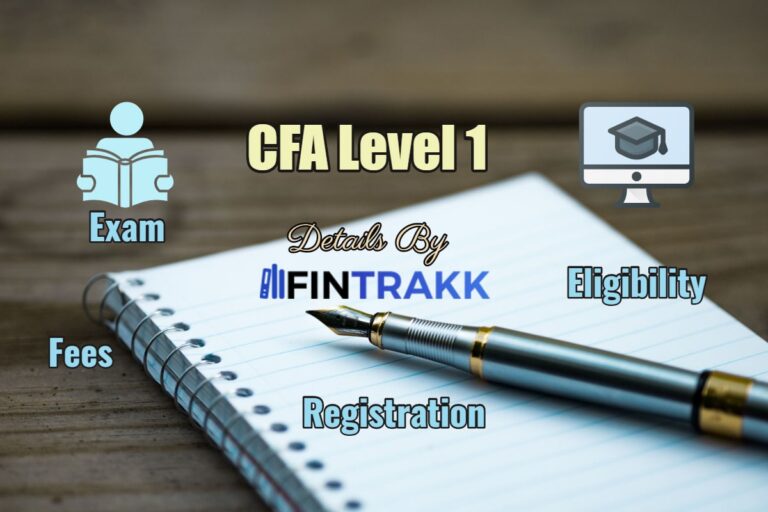Have you heard of CFA (Chartered Financial Analyst), one of the fastest-growing financial certifications? If not, let’s walk through how becoming one can build your career as a Chartered Financial Analyst and begin building it! Afterward, we’ll talk more in-depth about CFA programs, course details, exams, eligibility requirements and scope as a professional certificate that spans around the globe.
CFA: An Overview
The finance industry presents many exciting career options for individuals interested in adding value to society, individuals, businesses or organizations and helping them meet their goals and targets. CFA is an intensive professional course that can open many opportunities for students as well as experienced professionals looking to advance their career path – its main job description involves financial analysis and modelling for helping individuals meet their investment and financial goals.
CFA could be just what’s needed – whether you are new to finance, an experienced finance professional looking for new working opportunities with higher salaries, or both! But no decision should be taken without first seeking answers to important questions like these: What Is CFA, How Can I Become A CFA Charter Holder And Is The Course Worth Your Investment
What Is CFA, Its Full Form & Meaning
CFA stands for Certified Financial Analyst and is awarded upon certification from the CFA Institute – an organization which promotes investment globally while adhering to high levels of ethics while serving society at large. An honorable pursuit.
CFA stands for Certified Financial Accountant and it is a globally-recognized degree, recognized throughout planet Earth (and possibly other planets as we explore them further!). While this may not sound significant, having this global degree can reduce regretful future plans such as travelling overseas after studying CA in India because then all tests would need to be repeated according to each destination country’s rules – having one globally-recognized degree removes that step!
CFA acts like a membership club; all those who have completed and obtained certification can join its directory called the CFA Charter; it includes your professional details like phone number for easy business/institution access in case they require analytical help or analysis professionals.
So this works to the benefit of those in the club in terms of employment opportunities. A Chartered Financial Analyst stands a greater chance at landing an attractive white collar job in their industry with higher potential earnings compared to peers with similar age who hold the same profession.
CFA: Scope Acquiring a Certified Financial Analyst certification offers many advantages, particularly if you are just entering the investment and finance field, due to its popularity within the market. As this degree is widely acknowledged and accepted across different fields like banking, mutual funds and pooled investments (hedge funds etc), investment and insurance among many others – meaning those holding CFA certification often receive greater remuneration within similar roles in similar age ranges than their peers who don’t possess it.
Since this degree is recognized across countries such as USA, Europe and Australia. CFA members work at some of the biggest financial and investment institutions such as JP Morgan, Goldman Sachs, UBS and Morgan Stanley – giving you an indication of its widespread acceptance.









+ There are no comments
Add yours